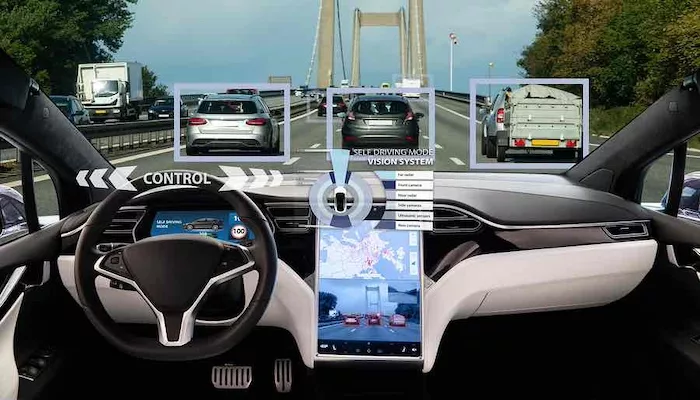The U.S. Commerce Department is expected to propose a ban on Chinese software and hardware in autonomous and connected vehicles due to national security concerns, according to sources. This move, part of the Biden administration’s efforts to limit Chinese access to critical data, would restrict the import and sale of vehicles from China that feature key communication or automated driving systems.
The administration has voiced concerns over Chinese companies potentially gathering sensitive data from U.S. drivers and infrastructure, or manipulating vehicles connected to the internet. The proposed restrictions mark a significant escalation in U.S. measures against Chinese automotive products, following last week’s tariff hikes on electric vehicles, batteries, and key minerals.
Commerce Secretary Gina Raimondo highlighted the potential risks in May, warning of catastrophic outcomes if Chinese software were to be compromised in connected vehicles. The proposed regulations would make the software prohibitions effective for the 2027 model year, while hardware restrictions would begin by January 2029 or the 2030 model year. This would apply to vehicles with specific Bluetooth, satellite, and wireless technologies, as well as autonomous cars that operate without drivers.
The proposed regulations would also apply to vehicles from other foreign adversaries like Russia. However, major automakers, including General Motors and Toyota, have expressed concerns about the time needed to change hardware and software due to the extensive testing and validation required.
The White House has already approved the final proposal, which aims to secure the U.S. supply chain for connected vehicles, excluding vehicles used in agriculture and mining.

